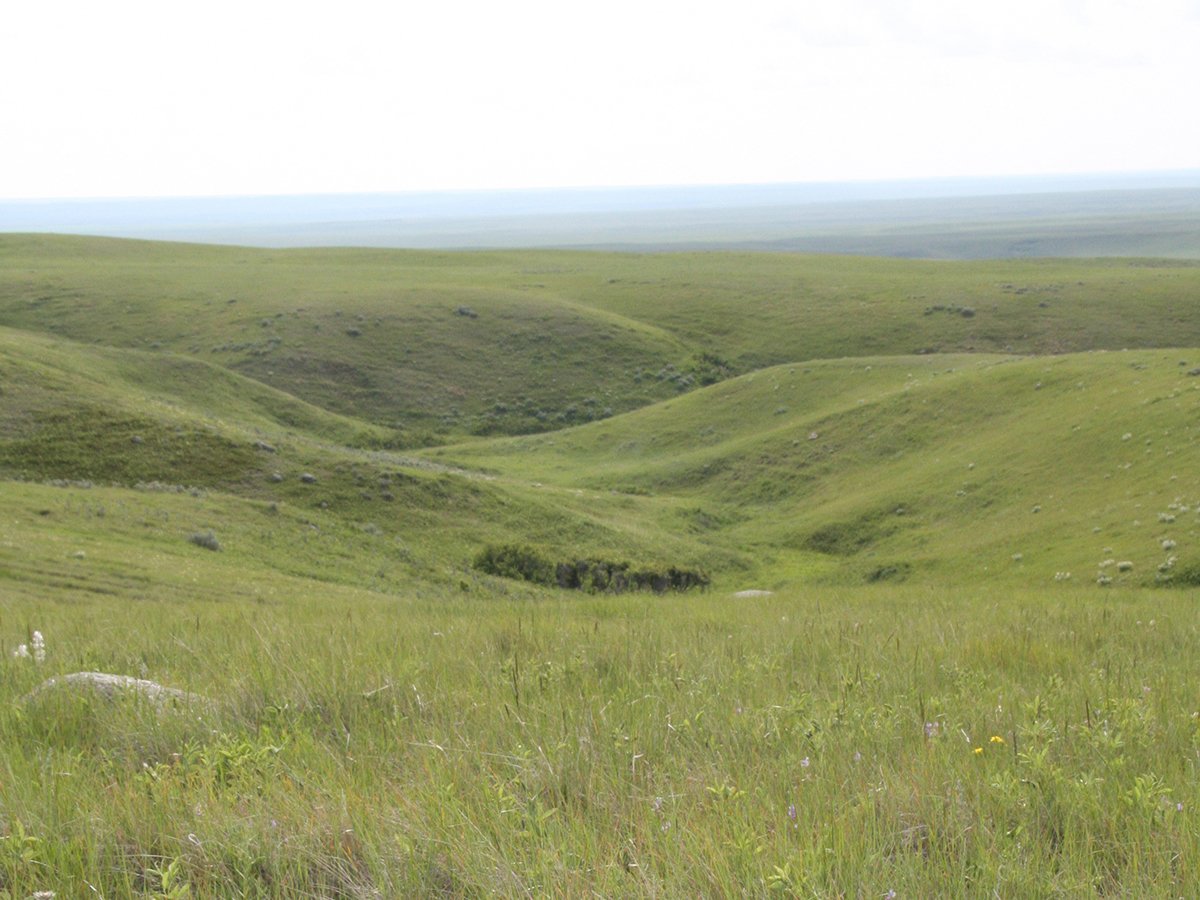OTTAWA – Alf Gleave was in on the ground floor when the CCF, predecessor of the NDP, was started more than 60 years ago.
Now, he wonders if the party has a future.
Days away from the Oct. 14 election of a new leader, the party is torn apart by a debate not only about leadership and policies but over the question of its very survival.
Leadership candidate Lorne Nystrom has said the next few years will be “a make-or-break” time for the NDP, reduced to fourth party status in the House of Commons.
Read Also

Alberta irrigation project on grasslands approved
Environmental concerns raised by Alberta conservation groups over irrigation expansion project within rural municipality
It puzzles a party veteran like Gleave, now 84.
“There’s no question in my mind there is a constituency wanting to be served and that constituency, if asked, will respond,” he said. “But if it isn’t asked, how can it respond? And if it is asked, what will it respond to? What are we offering?”
It is these very questions that party delegates and leadership candidates will ponder this coming weekend when they gather in Ottawa to elect a successor to Audrey McLaughlin, who in 1993 led the party to its worst electoral showing in 35 years.
Does the party of J.S. Woodsworth, M.J. Coldwell, Hazen Argue, Tommy Douglas, David Lewis and Ed Broadbent have a meaningful place in a political debate dominated by talk of deficit control, global trade and private enterprise?
Gleave remembers a time when he thought the question did not have to be asked. The answer was obvious.
He was a young man in 1933, working on a farm near Perdue, Sask., and struggling through the Great Depression.
He was drawn to the causes of these radical farm leaders and politicians who wanted to change the world.
“We did not know how long it would take,” Gleave recalled in United We Stand, his 1991 book of personal and farm union history. “But we knew what our purpose was.”
The farmer from Perdue went on to serve as president of the Sask-atchewan Farmers Union and to sit in the House of Commons for six years, from 1968-74, as a New Democrat, acting as agriculture spokesperson.
“What the party had in those earlier days was leadership, thinkers and gurus,” said Gleave. “I would say whoever wins this time will have to give some real leadership. The party and the country are facing tough times.”
Does he think the current crop of leadership contenders contain the timber necessary to rebuild a shattered party?
“I can’t say really,” Gleave said. “They don’t get much coverage in the media anymore. That’s part of the problem. It’s hard for people to get a measure of them.”
















